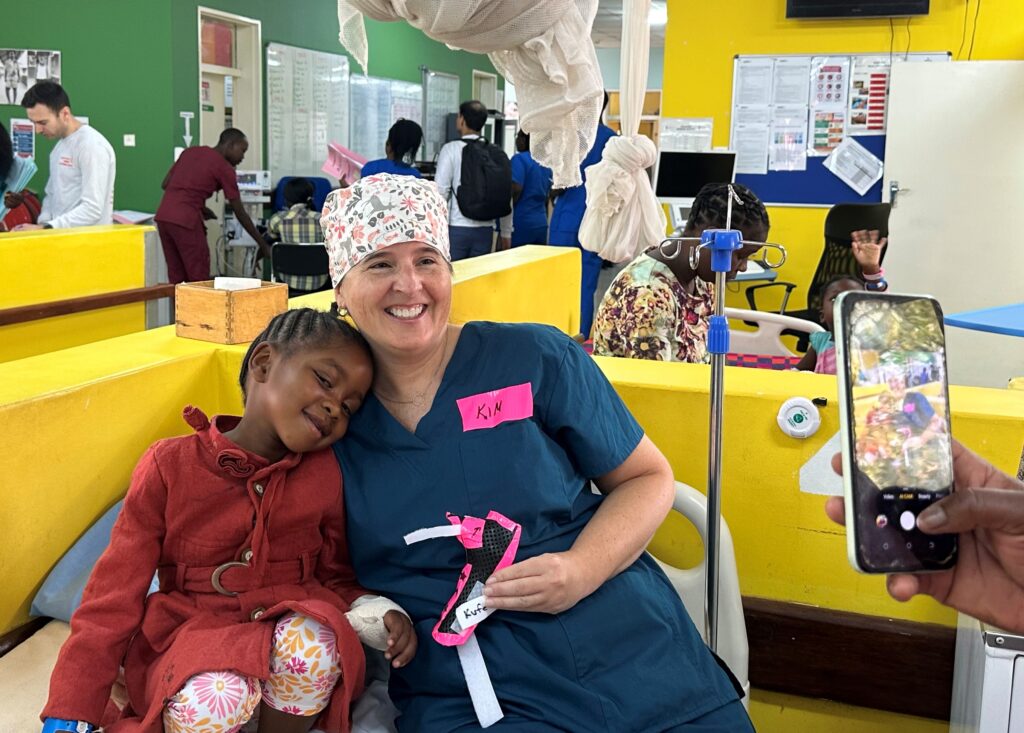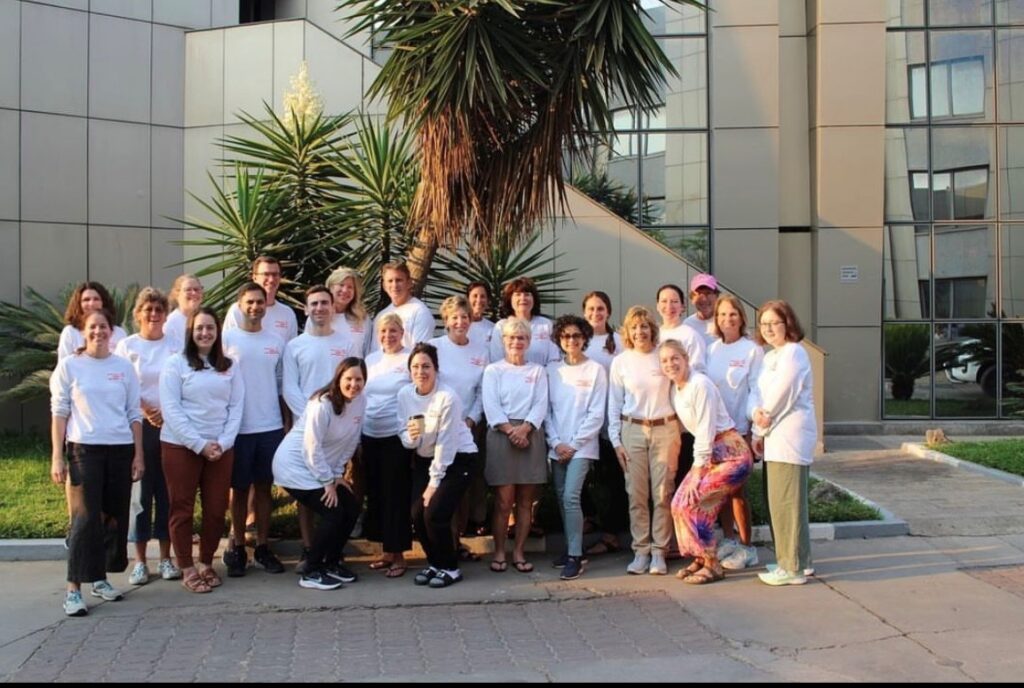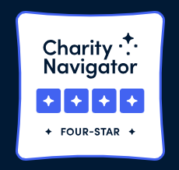Kim Rosinski OTR/L, CHT, CSCS
“You are so brave.” “I could never do that.” “Do you need a ton of vaccines to do that?” “Wow, OK, that’s really scary.” “Are you afraid of the malaria medication side effects?” “I’m so proud of you.” These are the responses I heard when I told people I was going on a hand surgery medical mission trip to Africa. This response was not just from my family and friends, but also from my colleagues and my own health care providers.
Ever since I realized that knowledge of the specialty of hand surgery and therapy was limited in most countries, I have wanted to do this type of work. To spread this valuable knowledge. I never thought of this desire as brave, scary, or something to be proud of. I thought of it as necessary, an obligation to be fulfilled in my profession…someday…at some point in my life—but for many years I had excuses for putting this trip off. Now, this is something I regret I didn’t start sooner.
The reaction to my mission trip surprised me and left me wondering: What is stopping more healthcare providers from contributing in this way? How can I convince more people to consider this type of community service, professional development, and self-growth? Not to put off this desire to “someday?’ I hope the answer is to spread answers to the possible reasons why people may not consider this activity in their realm of possibility.
First, if you are anxious about being in a third-world country, do your research! There are plenty of organizations out there that repeatedly go to the same locations and have established relationships with the hospital, hotel, and transportation that will be provided. I chose Surgicorps International exactly for this reason. They make multi-year commitments to specific countries. I was on their 14th trip to Beit CURE Children’s Hospital in Lusaka, Zambia. Lusaka is the largest city in Zambia, and the primary language is English. The hospital’s campus had a college campus feel with Wi-Fi, air conditioning in the operating theaters, food, and bottled water provided for everyone. Both locals and far-off tribes know to come to this nonprofit hospital for free, specialized care for their children.
The moment we stepped on campus, our team integrated with their staff immediately and went to work. It was a well-oiled machine organized by the ever-calm DeNese, their Director of Operations. She made sure everyone knew their roles for every day and what to do to prepare themselves to effectively fulfill their roles. The Beit CURE staff was familiar with the itinerary and welcomed our knowledge without hesitation. It was inspiring to see all of these people come together so quickly with the common goal of helping as many kids as possible in the six days we had, knowing there would be physical follow-up from us again in six months.
The top priority of Surgicorps is to make sure the entire team is safe. This is apparent throughout the entire process. From the moment I was accepted onto the team, the portal was easy to use to complete all the paperwork and provided every little tidbit of information to prepare for your trip that you could possibly think of. A hand therapist who had been to that location many times before reached out to me to give me specific advice for my success as a hand therapist at this location, and I was given contact information for the other hand therapist I would be working with. DeNese quickly answered all of the stupid questions I emailed her, and somehow she never made me feel stupid for asking all of these questions! A team Zoom meeting occurred before the trip so you could meet everyone on the team from around the country, and the entire week’s process was reviewed. Surgicorps also provided emergency medical evacuation insurance.
Since vaccination is a hot topic currently, I will just state what I did for this trip. After visiting my infectious disease doctor, she recommended Hep A and Typhoid (orally for Typhoid). This visit could have been addressed even easier by visiting your CVS Minute Clinic since they provide the same services for travel. I was given a prescription for Malarone for malaria. I took this as instructed and had no side effects. Neither did anyone else on my trip. By taking the proper precautions that one would take to visit a third-world country, I never felt this was the issue that I had made it out to be in my head!
What held me back from doing this sooner? Mom guilt. How can I leave my family for that long? What if I’m the one who gets sick and cannot fulfill my mom duties? Is it worth the risk? Now that I’ve completed my first mission trip, going with an organization that has mastered their routine, the fear of risk for future trips is not there. As for the mom guilt, my family survived. My daughter was so proud of me and what I was doing that she even posted a reel on her Instagram about it. Making me think: “Why didn’t I provide this type of role model for her earlier?”
It’s cliché to say I got back more than I gave, but it’s true. I really cannot even attempt to put into words all of the emotions, lessons, and growth this trip provided for me. As Surgicorps Team Zambia walked to our bus to leave the hospital for the final time, after the celebration of songs and testimonials that brought all the tears, the staff, patients, and family followed us all the way to the bus. They were continuing their songs, taking pictures of us like we were rock stars, and thanking us over and over for coming to help their children. One mother hugged me and said, “I pray you come back with your knowledge; we need your knowledge to come back.”

She’s right—our knowledge needs to come back. They are working with limited resources and seek knowledge. I implore you to share your knowledge. Even if you think you’ve only had one year of experience, and that’s not enough, you’re wrong. You have the knowledge they seek, and you will learn so much more about yourself and clinically. If you’re on the fence, consider this type of service. Help me send more knowledge back to Zambia to answer this woman’s prayers for her child.


